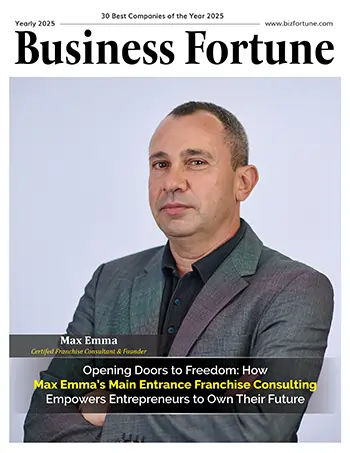Home Others Crypto Bitcoin Mena begins in Abu Dha...
Bitcoin Mena begins in Abu Dhabi as cryptocurrency market booms
Crypto

Business Fortune
09 December, 2024
Eric Trump among key speakers expected at the event this week.
With Bitcoin surging to unprecedented heights, the prospects of the cryptocurrency market have never been better. Better regulations, a growing influx of crypto players and a general acceptance of the future of finance are all supporting the market, analysts said, as the Bitcoin Mena conference begins in Abu Dhabi this week, bringing together some of the world's biggest names.
Speakers include Eric Trump, son of US president-elect Donald Trump, billionaire Steve Witkoff, the new White House envoy for the Middle East and co-founder of World Liberty Financial, Binance founder Changpeng Zhao, alias CZ, and David Bailey, co-founder and chief executive of BTC, among others.
Bitcoin, the world's first and biggest cryptocurrency, soared past the $100,000 mark last week, leaping 40 per cent in the two weeks after Donald Trump won the US elections, as the market embraced the incoming US administration's pro-crypto stance.
It was flirting at the six-figure mark as of Monday, now up by nearly half since the November 5 polls, leading a crypto sector whose market capitalisation is now at more than $3.67 trillion, data from CoinMarketCap shows.
Cryptocurrencies, while still in their infancy, have long been promoted to be safer and more cost-efficient alternatives to traditional money. Together with their underlying technology, blockchain, their economic effect could be sweeping.
In a scenario where cryptos become more mainstream, they could significantly affect the economy and reshape the financial landscape in several ways, Arun John, chief market analyst at Dubai-based Century Financial, told The National, noting that they could shake up finance in two ways: by improving global transactions and through the use of central bank digital currencies (CBDCs).
He mentioned that cryptocurrencies have lower transaction costs when compared to banks. Additionally, they are facilitated through a global platform, making cross-border payments faster and cheaper. This could benefit international trade and remittances. CBDCs, on the other hand, could coexist with traditional currencies or replace them. Such a move would potentially reshape monetary policy and financial stability.


































.webp)